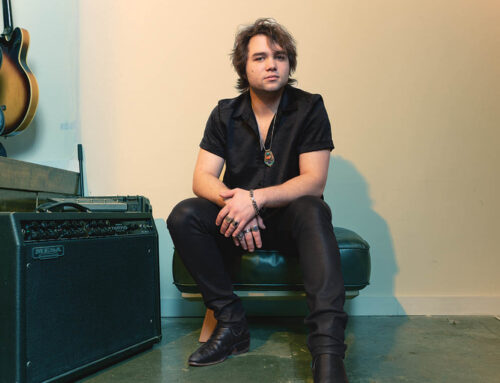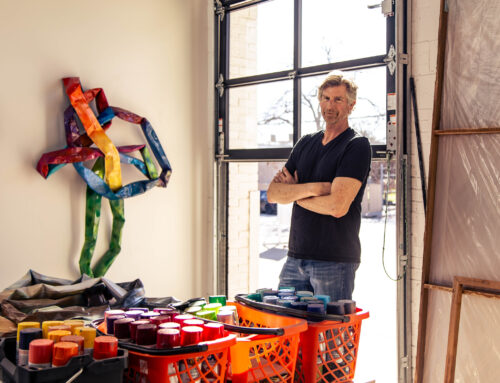While many look to shed pounds, Zemely Bryant’s daily goal is to gain weight. In 1999, Bryant underwent a gastric bypass that went awry. During the operation, doctor’s clipped her colon leaving the 70-year-old Bryant with severe digestive problems – problems that make eating challenging and putting on weight difficult.
Problems that, a year after the surgery, very nearly took her life. Lucky for her, Bryant has a Senior Companion, 74-year-old Mary Breashear.
Breashear made sure Bryant got medical attention when she needed it most, a move that kept Bryant out of a nursing home.
Bryant and Breashear’s friendship is a result of a program called Senior Companions, started by the Senior Source of Greater Dallas program for those aged 60 and older. By being matched with Senior Companions, clients can stay in their own homes. Between 10-40 hours a week, Breashear visits Bryant not only for in-home support, but also as a friend. “If there are any papers to sign, I help,” Breashear says. “Otherwise, we sit and look at the TV and watch my soaps.”
Forty hours of training is required prior to placement. Recovery and loss, communication techniques and fall-risk prevention are a few support areas covered by program staff. “Companions are not allowed to administer medication. They do everything else that is necessary for [those they’re matched with] to stay in their home as long as possible,” says Gretchen Finhals, Program Director.
While the program is mostly volunteer-based, low-income Companions can qualify for an hourly stipend, and additional assistance – things like meals, an annual physical, transportation allowances and accident insurance – is available for Senior Companions who qualify.
Senior Companions talk, listen and understand those they’re matched with on a peer level. “It’s important for our clients to have someone their own age with them day in and day out,” Finhals says.
In fact, companionship often turns into friendship, and the relationship becomes mutually beneficial. When Breashear began her companionship with Bryant in 1999, she had just lost her son to heart surgery. “I too was battling depression,” she says, “but she could help me forget by helping her.
“It should be called the compassion program,” she adds.
For her part, Bryant is now well enough to enjoy her favorite pastime – fishing. She says all credit is due to Breashear, who keeps her fighting. “She keeps encouraging,” she says, “and up I go.”






